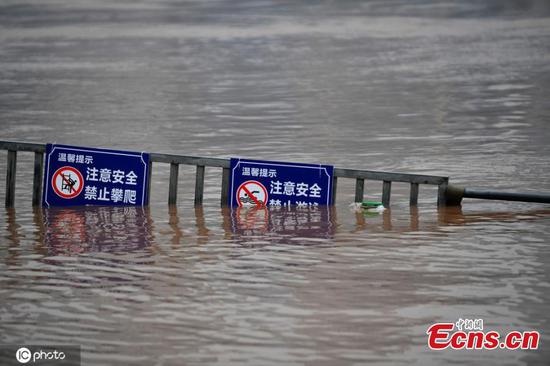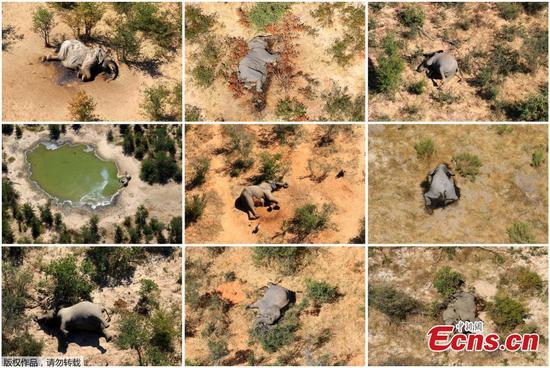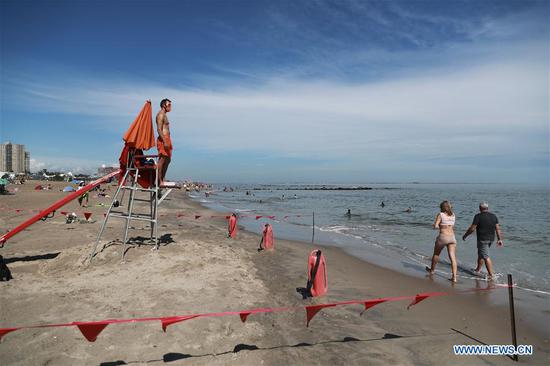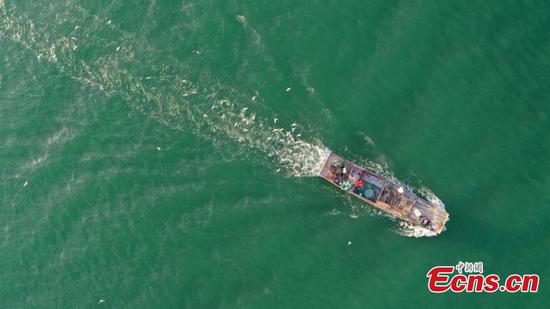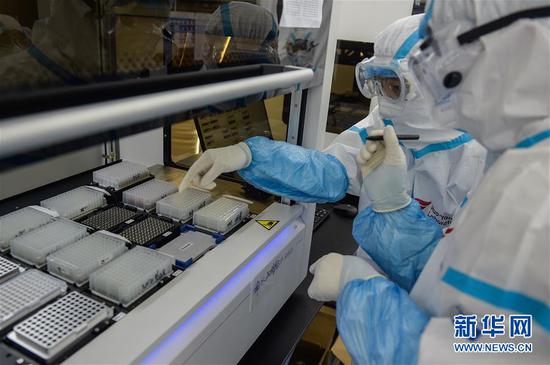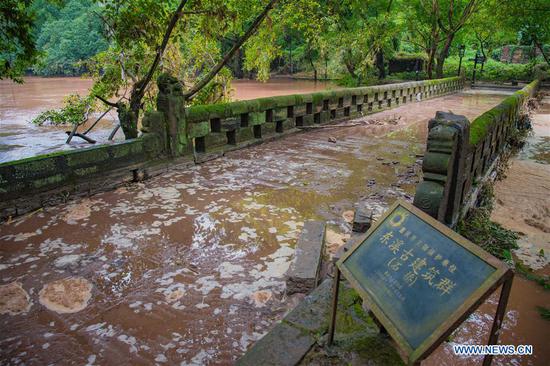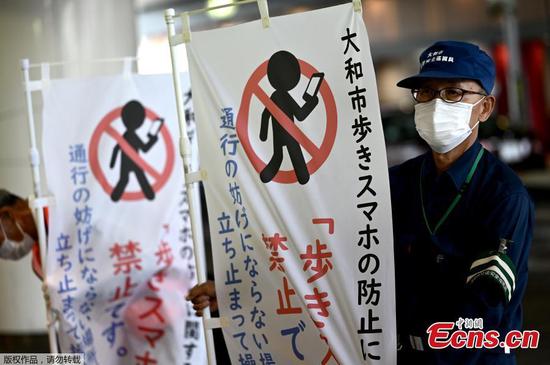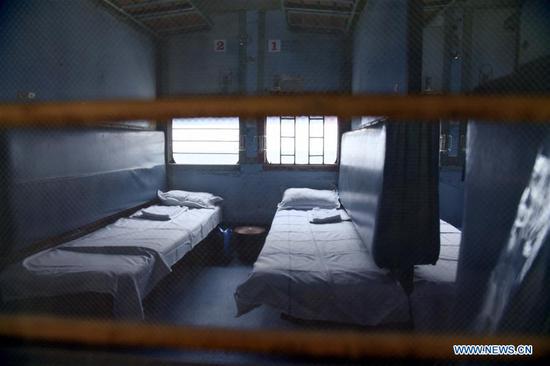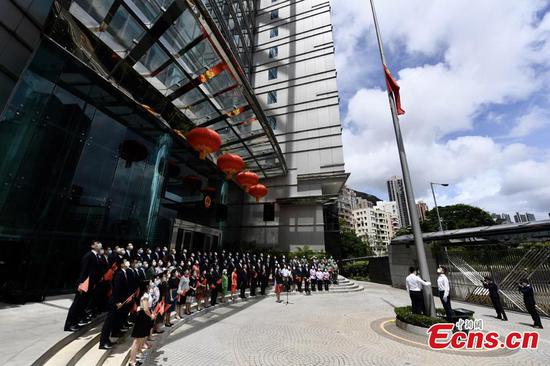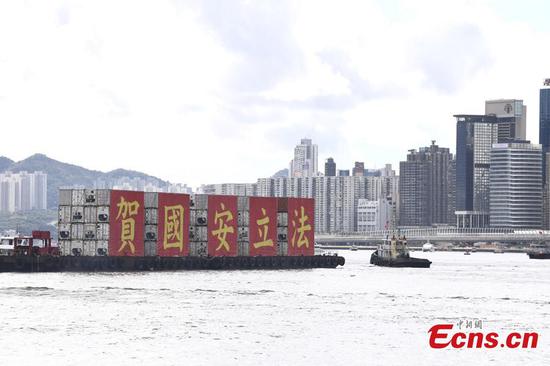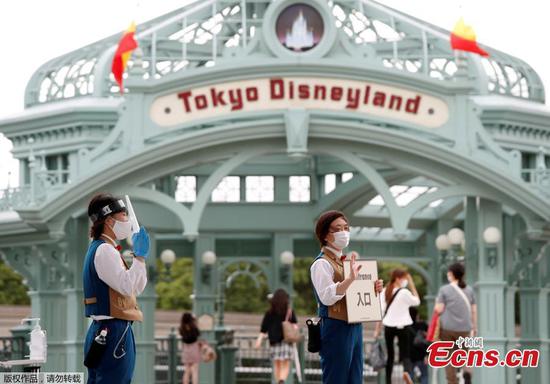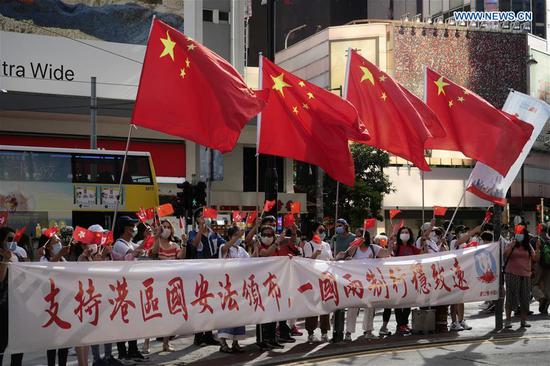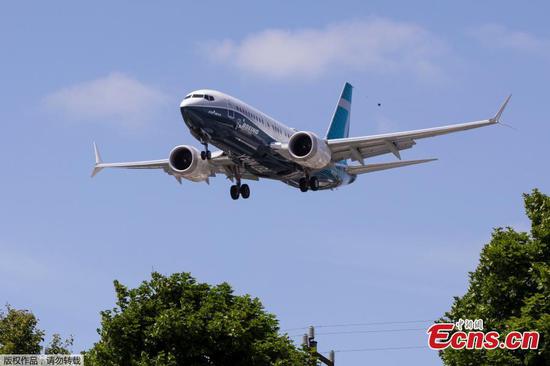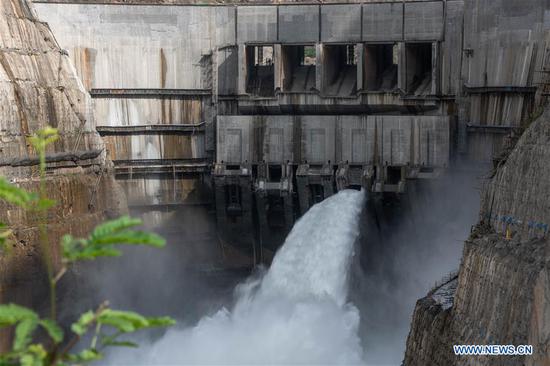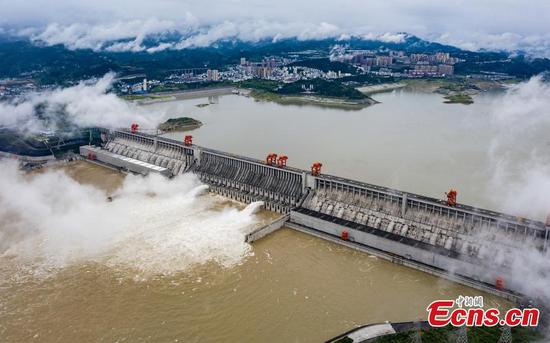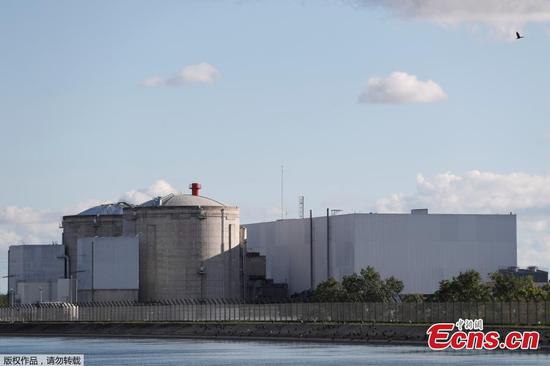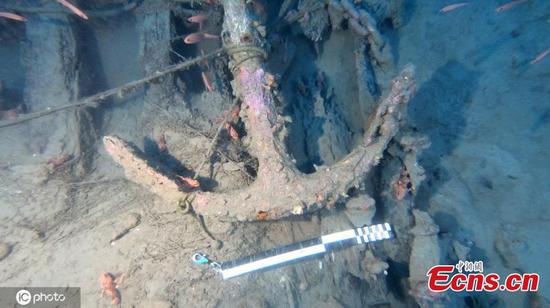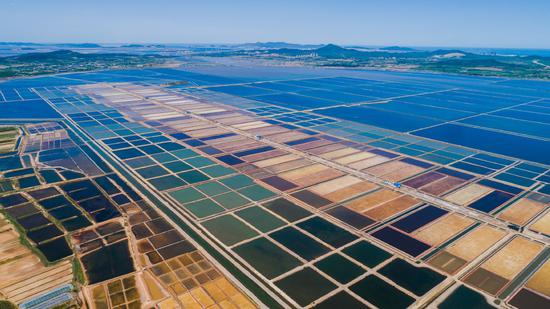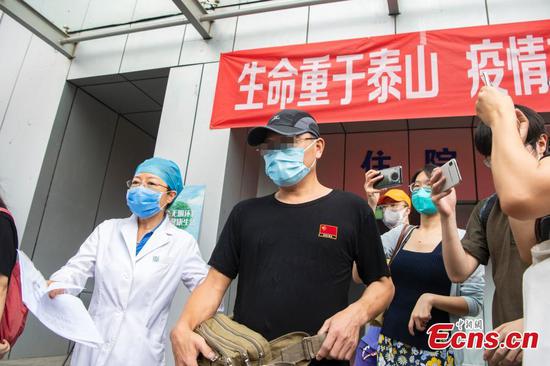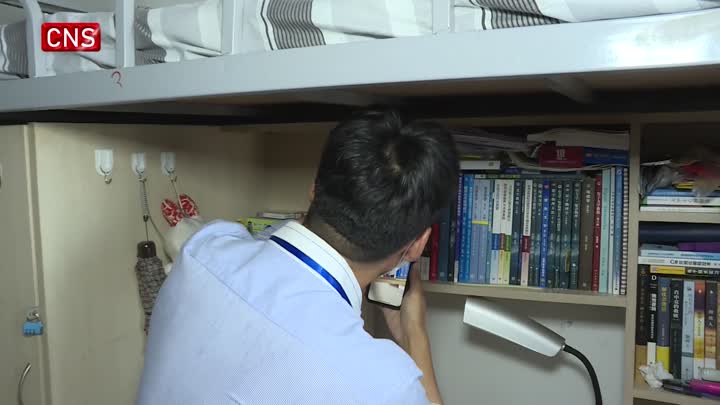China's adoption of the law on safeguarding national security in the Hong Kong Special Administrative Region (HKSAR) is an important step towards ensuring "one country, two systems" principle, Sudanese political experts have said.
This step helps "to enhance the principle of 'one country, two systems,' which has proved its success since it was implemented in Hong Kong and then in Macao," Hassan al-Saouri, a political science professor at Al Neelain University, told Xinhua.
The law gives opportunity for the HKSAR to achieve further prosperity, and enhances the legal framework and mechanism for Hong Kong residents to exercise their statutory rights and freedom, said al-Saouri, who is also chairman of the Sudanese Society for Political Science.
China has the right to adopt whatever it deems suitable to improve the legal system and law enforcement mechanisms in the HKSAR, and "to protect its national security in the face of foreign interventions seeking to undermine the stability in Hong Kong," he added.
Meanwhile, Abdul-Khaliq Mahjoub, a Sudanese political analyst, told Xinhua that "passing the law for improving the legal framework in Hong Kong is an important step," which further confirms that "Hong Kong's affairs are internal affairs for China, and that foreign interventions must stop."
On Tuesday, Chinese lawmakers voted to adopt the Law of the People's Republic of China on Safeguarding National Security in the HKSAR.
The law was passed at the 20th session of the Standing Committee of the 13th National People's Congress, China's top legislature.
With 66 articles in six chapters, the law clearly defines the duties and government bodies of the HKSAR for safeguarding national security and four categories of offences -- secession, subversion, terrorist activities, and collusion with a foreign country or external elements to endanger national security -- and their corresponding penalties.










